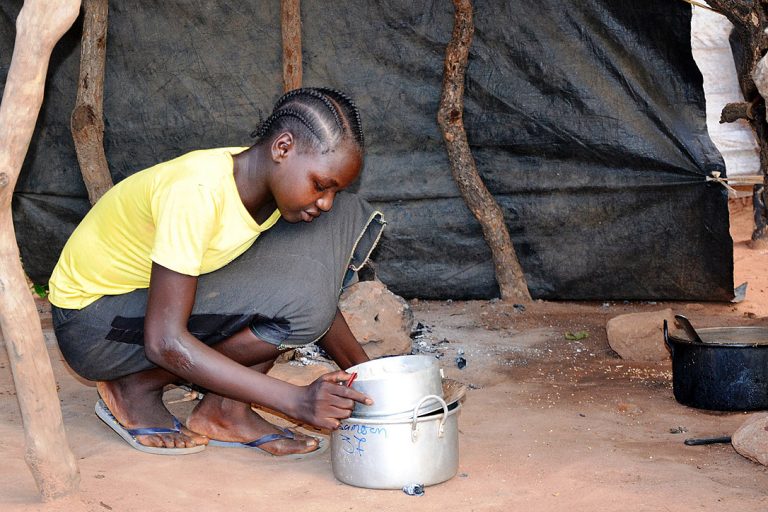“Rough day at work, hey?” says my fifteen year old with a grin when she comes home and notices the first draft for our upcoming UnitingWorld campaign.
“We don’t believe in charity,” declares my scrawl on a large sheet of paper, folded in two.
It’s a tagline probably worthy of the raised eyebrow. For years when they were younger, whenever other kids asked our girls what their parents did, they tended to reply that we ‘worked for charities.’ It was easier than explaining the ins and outs of overseas aid or social entrepreneurship here in Sydney. Everyone gets the concept of charity: “Generous actions or donations to aid the poor, ill or helpless”. Good stuff, right?
“Open it up,” I tell Jem. “You have to read the next bit.”
Inside: We don’t believe in charity. We believe in solidarity.
“Ah,” says Jem. “Nice.”

“We believe in solidarity.”
None of us want to be regarded as ‘charity cases.’ We’d much rather just be people – with strengths and weaknesses, sure – but always essentially just people. Charity is a beautiful word of course – it’s always meant love and brotherhood, generosity, kindness. But it sometimes feels like it also has overtones of pity, distance: “I’m giving because I feel sorry for you, and you’re so helpless, so here: please take this.” Even better than charity, I think, is solidarity – the idea that our equal and shared humanity is what matters most, even if the details of our experience are sometimes quite different.
Eduardo Galeano wrote: “I don’t believe in charity. I believe in solidarity. Charity is so vertical. It goes from the top to the bottom. Solidarity is horizontal. It respects the other person. I have a lot to learn from other people.”
Solidarity recognises that beneath the cards that life has dealt us, we’re equally human, with equal strengths and weaknesses, even if they’re vastly magnified by our circumstances. Making the quiet effort to redistribute our resources is a respectful (if inadequate) attempt to recognise this. You could argue it’s just semantics, but I think it’s actually important.
In West Timor I met Betcy, a mum probably around my age.
Betcy has four children, and although she’s functionally blind she used a low interest loan from the Church of West Timor to start a small business selling used clothes and saved enough money to build her own home. It has almost-reliable electricity, a shared bed for the three boys, and a brand new water tank to safeguard their often-dirty water supply. When she speaks about the dreams she has for her children (another small loan to send her eldest to university to study engineering, for example), and when she proudly shows me the wardrobe where her children hang their school uniforms, or shyly grins at the antics of her eight year old daughter chasing the family dog – we share one of those wordless ‘mum’ moments. That’s about all it takes.

Betcy and her daughter
I come home here to my house with the two bathrooms, the car that conveniently beeps as I mow down my recycling bin on the way to my children’s excellent schools, and Betcy stays with me. She’s with me in the knowledge that I have a huge amount of practical resources to share, simply because I was born in a different place, through no merit of my own. She’s here in the knowledge that resilience, courage, love and aspiration are universal, and that my children are not the only ones who deserve to have those dreams nurtured. She’s alongside me in the certainty that “poor people” are not helpless – they’re determined, creative and capable. And they may be in some cases geographically removed, but they share many of my life experiences.
Most especially, I realise that any one of us could be Betcy if the world tilted its axis just a fraction and the lottery of birth placed us somewhere where rains stubbornly refused to fall or life is shattered in a hail of bullets; if our parents had to choose between sending us to school or finding us work to do to help keep the family fed. All of this knowledge and the shared humanity it points to – that’s solidarity.
This knowledge changes how I live, what I think, how I use my money and my time. Before you offer me a sainthood, I’m a reluctant learner. Always.
Does this lead to generous acts and donations? Hopefully. But not just edge of my life, got-a-bit-left-over donations from pity. Ideally, this is using the resources I have in an attempt to express genuine respect for people who are fully human, fully deserving of the same opportunities as me and my family, and fully able to make use of them. Giving money this way might mean I go without something I’d kinda like. Because three quarters of the world go without things that kinda-keep-them-alive, and they have every much a right to that life as I do.
For me, solidarity will always be more meaningful than charity. So no, Jem, it wasn’t a rough day at work. It was another good one, and I’m grateful as always for everything I learn with UnitingWorld and with our partners in West Timor, Fiji, India, China, Vanuatu and South Sudan. Most especially, I’m grateful for the confronting and motivating fact of our equal, beautiful and shared humanity. I’ll continue to learn and be challenged by how to respond to it.
– Cath
Support determined, creative and capable people freeing themselves from poverty by making a tax-deductible donation to our End of Financial Year campaign before June 30:


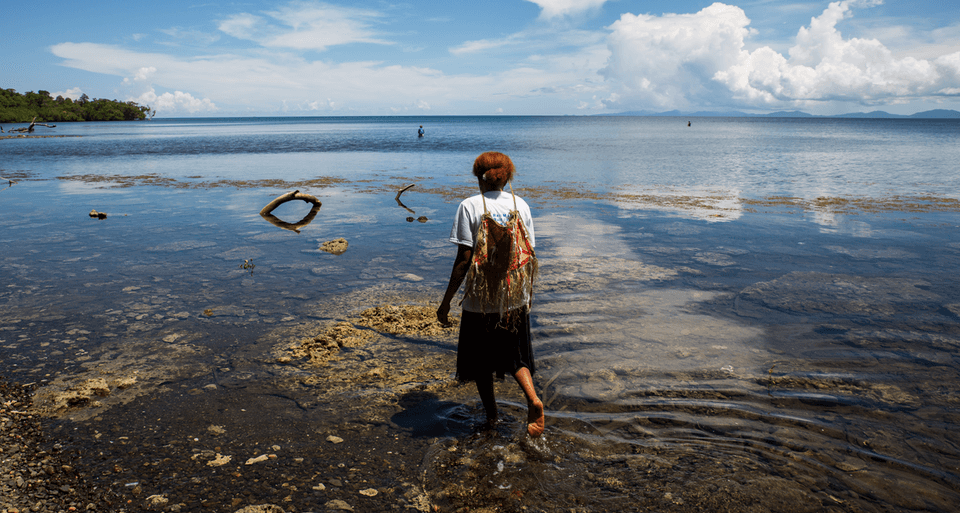
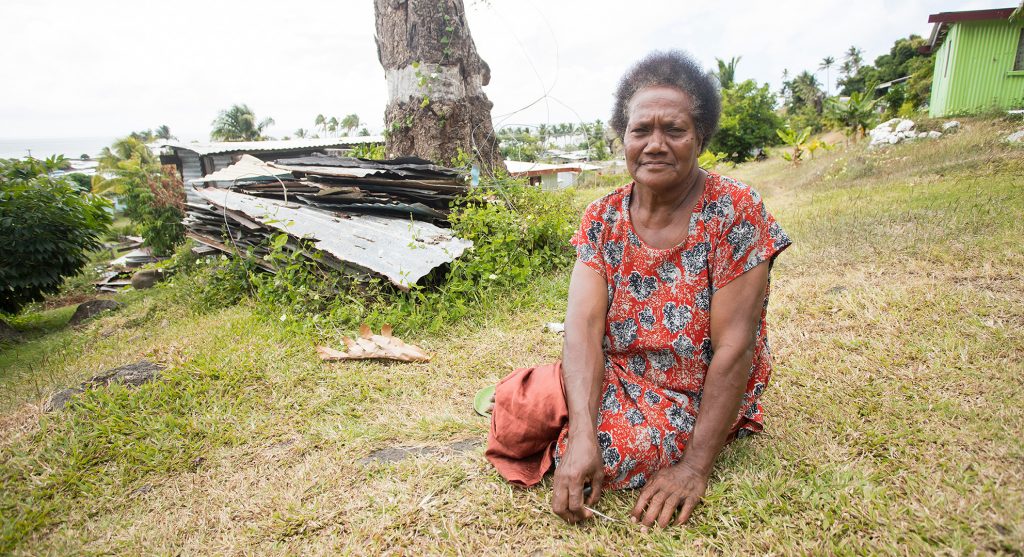


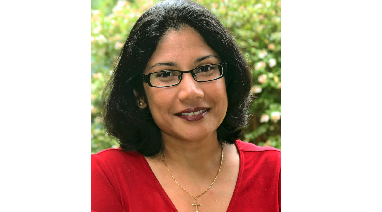
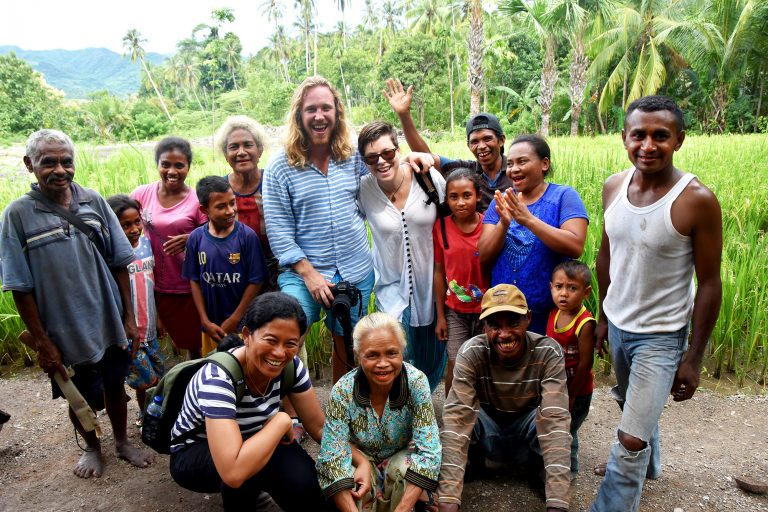





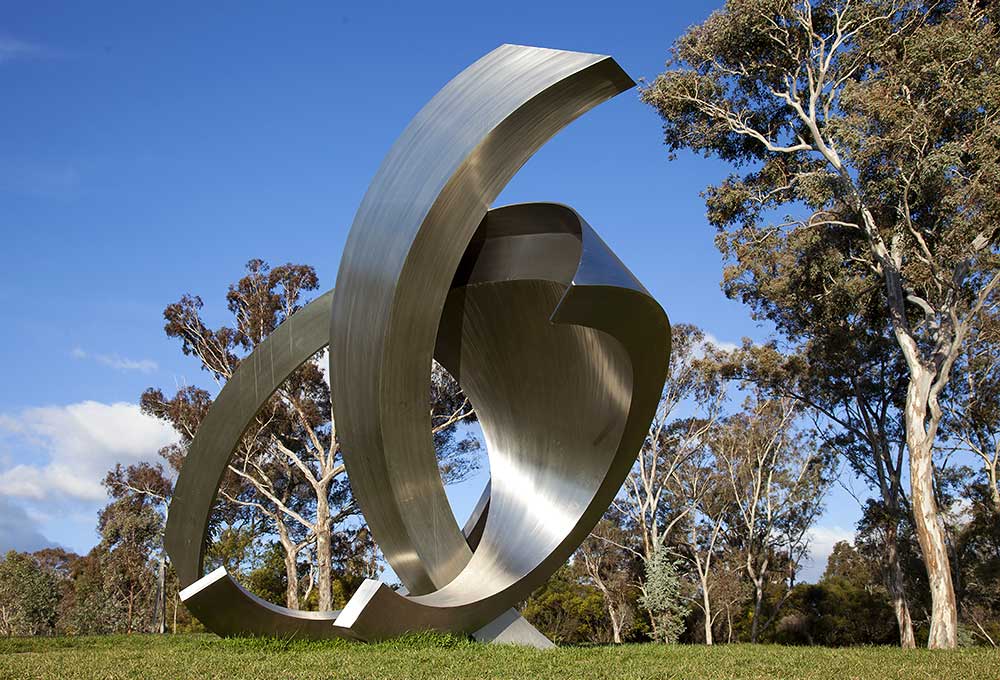



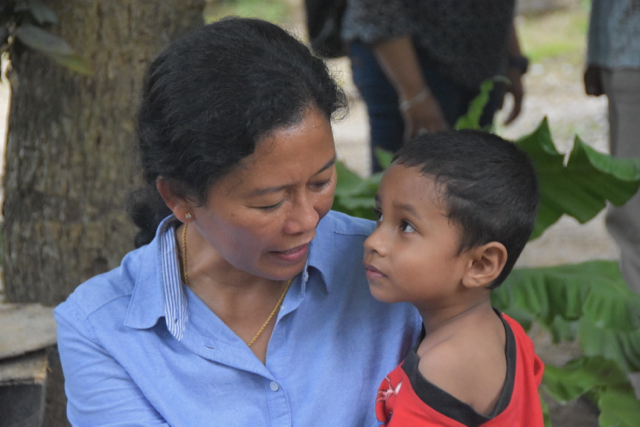






 resources and learn from one another’s experiences.
resources and learn from one another’s experiences.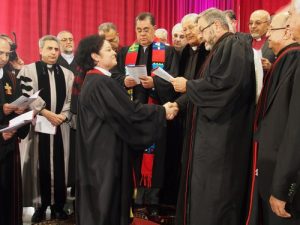

 Dr Sabra then presented Preacher Kassab with a Holy Bible, in the name of the Synod.
Dr Sabra then presented Preacher Kassab with a Holy Bible, in the name of the Synod.